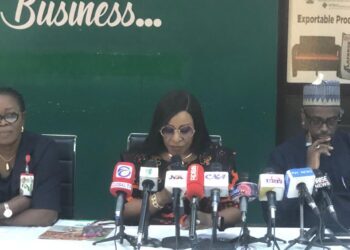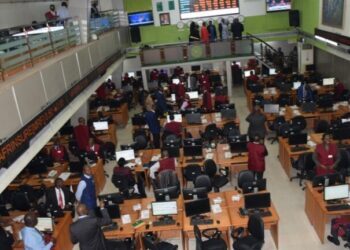The North Central Youth Stakeholders Forum (NCYSF), has demanded the extension of the deadline for the old naira notes, saying the presidential candidate of the People’s Democratic Party Alhaji Atiku Abubakar, is insensitive for kicking against the extension.
The group in a statement by the Chairman, NCYSF, Mohammed A. Mohammed, on Saturday, asked Nigerians to remain vigilant to the direction the country is heading in the present circumstances and to prepare to embark on a mass “Bring Back Our Old Notes” protest in the event the insufficiency of the new notes persists beyond the 5th of February.
The statement read: “The North Central Youth Stakeholders Forum has received with utter dismay newspaper reports quoting Atiku Abubakar asking the Central Bank of Nigeria not to extend the deadline beyond the February 10th deadline.
“We found this statement very callous, reckless and insensitive to the plight of the masses, as well as unbecoming of a man who is aspiring to become Nigeria’s President. Indeed, this did not come to us as a surprise, because Atiku Abubakar is known to have made the infamous statement that God never answers the prayers of the poor.
“Over 80% of local governments in the North Central and indeed the entire country have no banks and in it is high time common masses of Nigeria. The NCYSF, wish to remind the general public that their enemies are not hidden as can be seen from the recent statement of Alh. Atiku Abubakar.
“We therefore add our voice to the calls by well meaning Nigerians for the CBN to extend the deadline and make more money available to messes of Nigerians.”
He call on all negatively affected families and communities to note that Emefiele, Atiku and their fellow collaborators in this scheme should be held responsible for the sufferings brought upon the nation.
“We warn all those involved in this act to note that in the fullness of time, they will certainly be called to account for the consequences of their wickedness. Finally, we join the calls for the immediate resignation of Godwin Emefiele from the position of the CBN Governor.”








